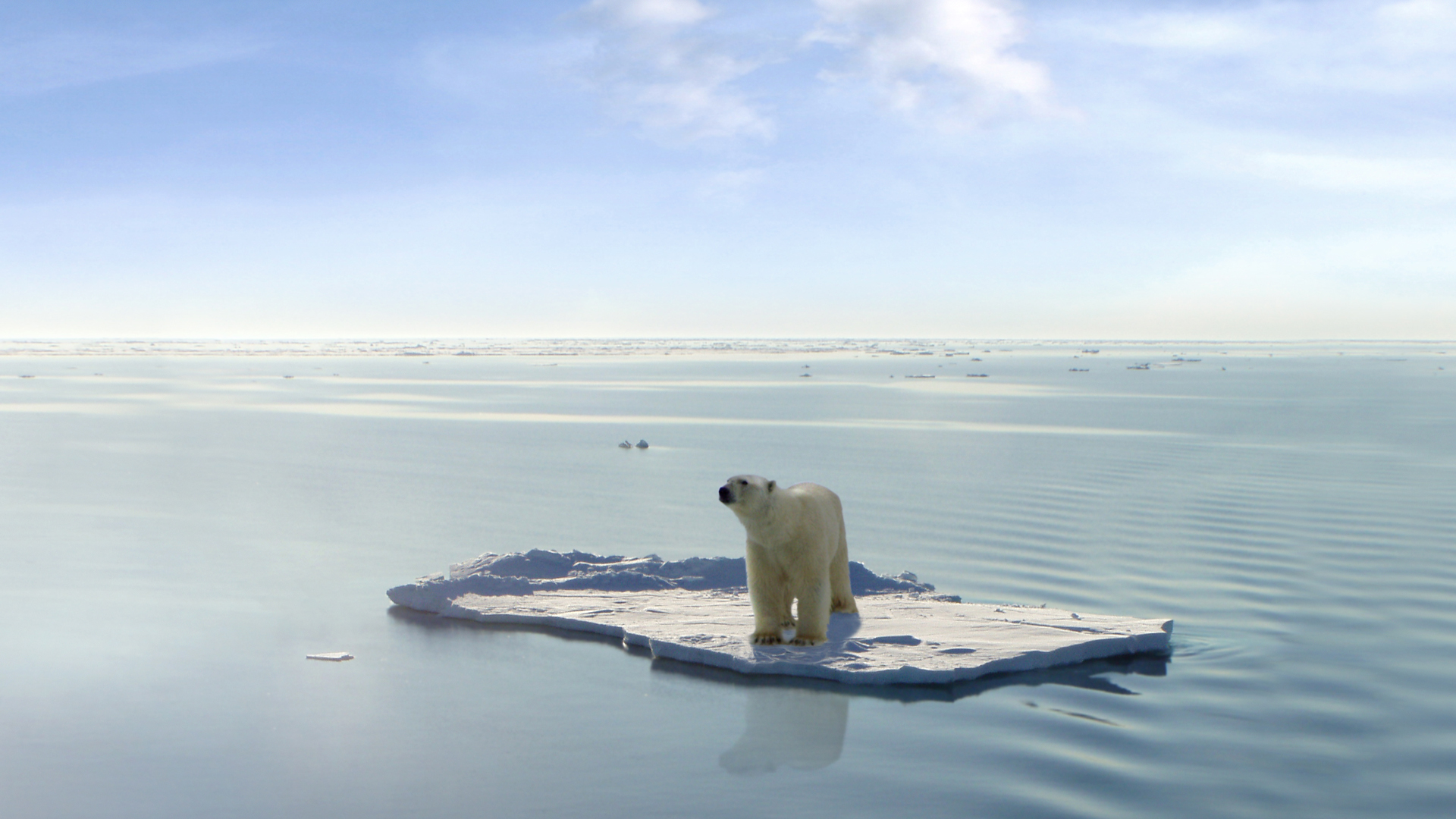Climate change is one of the most pressing issues facing our planet today, and its impact is felt across all ecosystems, including the world’s oceans. As the planet’s temperatures continue to rise, the oceans are facing a range of challenges that threaten the health and wellbeing of marine life. In this article, we’ll explore some of the ways that climate change is affecting our oceans and the creatures that call them home.
- Ocean Warming
One of the most visible impacts of climate change on the oceans is ocean warming. As the planet’s temperature rises, so do the temperatures of the world’s oceans. This warming can have a significant impact on marine life, disrupting ecosystems and altering the behavior and distribution of species. For example, warmer waters can cause coral bleaching, which can lead to the death of coral reefs and the marine life that depends on them.
- Ocean Acidification
Another significant impact of climate change on the oceans is ocean acidification. As the levels of carbon dioxide in the atmosphere continue to rise, more of it is absorbed by the oceans, which leads to an increase in acidity. This increased acidity can harm marine life, especially creatures with shells, such as oysters, clams, and coral. The acidity can dissolve the shells, making it more difficult for these creatures to survive.
- Sea Level Rise
As temperatures continue to rise, glaciers and ice caps are melting at an increasing rate. This melting is causing sea levels to rise, which can have a range of impacts on marine life. For example, rising sea levels can lead to flooding in coastal areas, which can destroy habitats and displace marine species. Additionally, the increased water levels can cause seawater to penetrate freshwater ecosystems, which can harm freshwater species.
- Changes in Ocean Currents
Climate change can also lead to changes in ocean currents, which can have significant impacts on marine ecosystems. For example, changes in ocean currents can alter the distribution of nutrients and food sources, which can impact the behavior and migration patterns of marine species. Additionally, changes in ocean currents can cause changes in water temperature, which can harm certain species that are adapted to specific temperature ranges.
In conclusion, climate change is having a significant impact on the world’s oceans and the creatures that live within them. From ocean warming to acidification and sea level rise, the challenges facing our oceans are significant and will require global action to address. By reducing our carbon footprint and working to reduce the impacts of climate change, we can help protect our oceans and ensure a healthy future for marine life.
